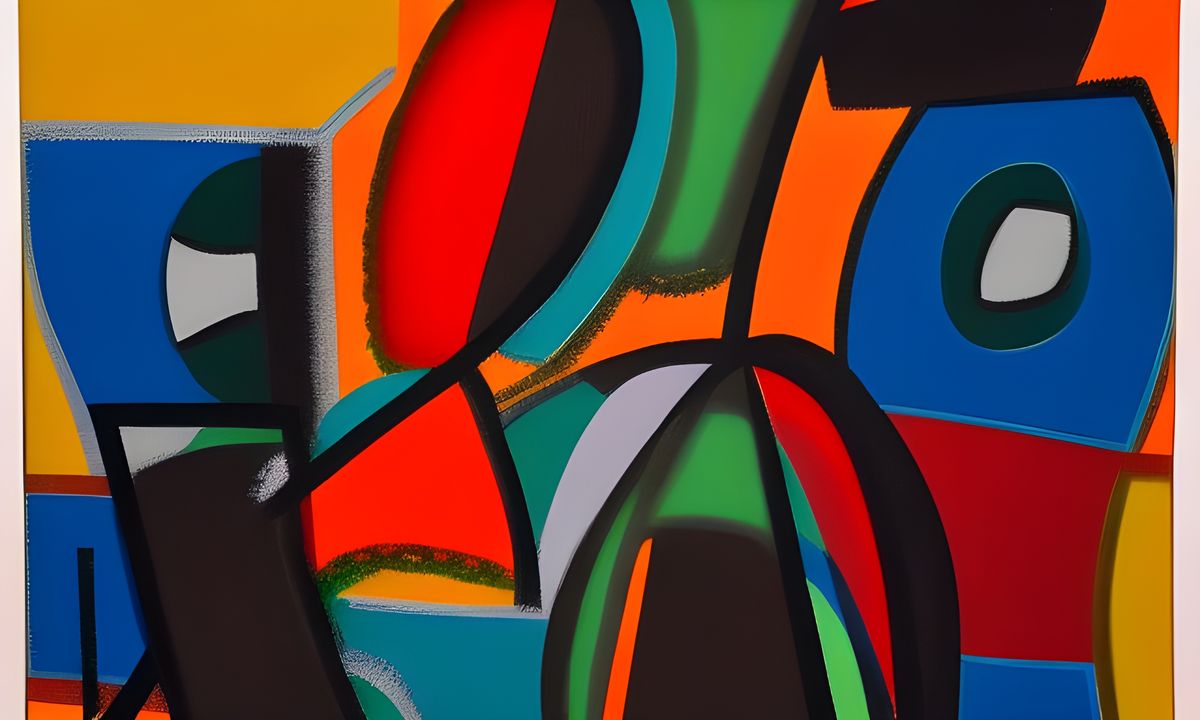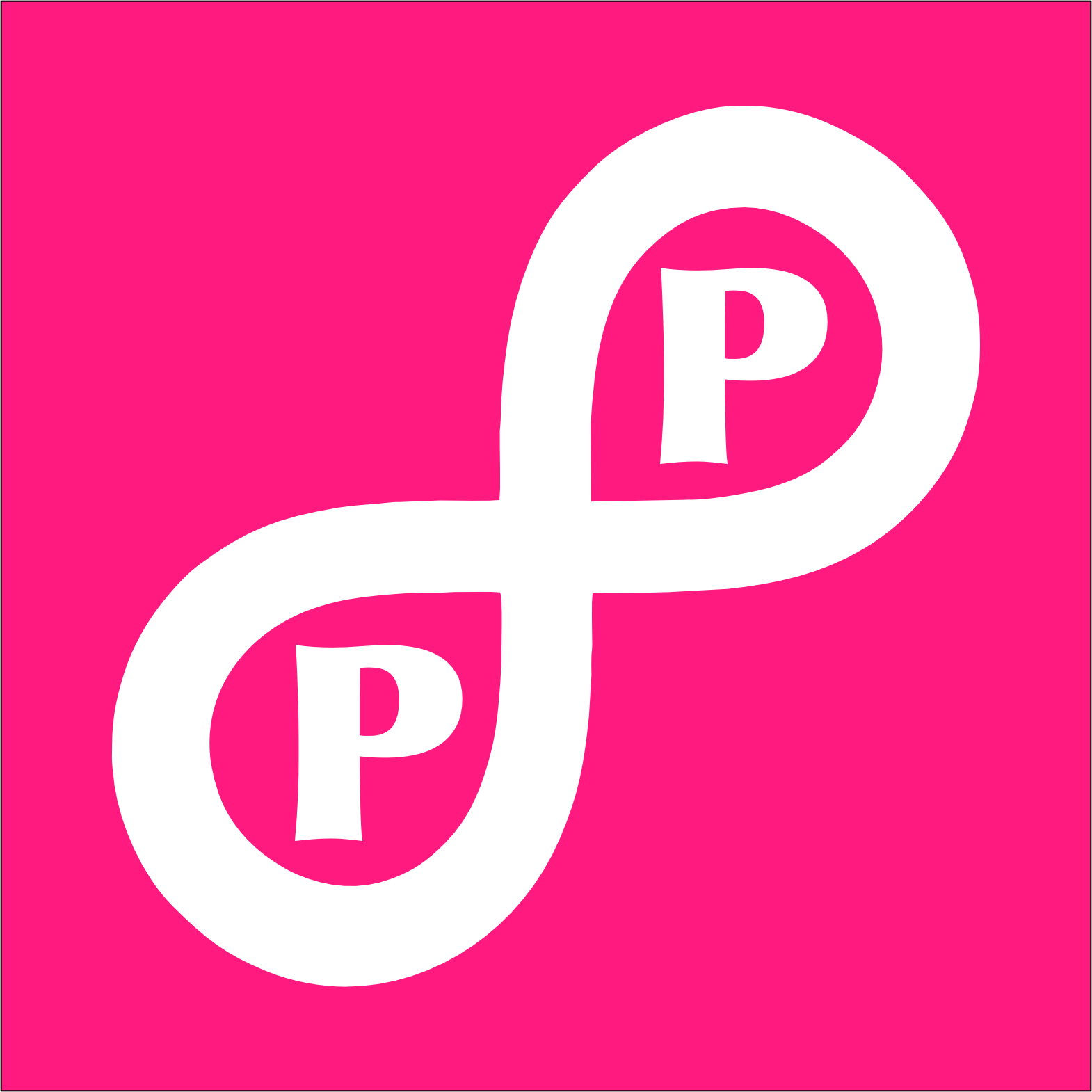Naivety & Mastery, Bildung Part 1 (#59)
In the middle ground between a beginner and a master lies competence. Here the merely proficient toil, creating "good enough" solutions, the competency trap.

In the middle ground between a beginner and a master lies competence. This is where mediocrity thrives. The beginner is yet to be limited by what is possible, their knowledge insufficient to constrain their boundaries. The master has learned to think abstractly, applying talent and experience in novel ways to expand on what has been done before. It is in between these states that the merely proficient toil, creating "good enough" solutions, the competency trap.
We seek to hold on to our beginner mindset as long as possible — where less internal judgement exists, free to probe for more understanding, free to make mistakes. As a beginner, knowledge breakthroughs occur more often, a milestone in our understanding. We celebrate those "aha" moments, relishing our growing comprehension, providing us mental fuel to keep exploring.
"The thing you want to avoid in music is competence. You either want to be a total beginner or a total master." - Sam Amidon, American singer and songwriter
For transferrable knowledge, those we can acquire from others, as we learn we level up. Our beginner's status is exchanged for that of the amateur or expert. We recognize that we won't achieve mastery in all things. That our skills may even atrophy without sufficient application. For these domains, we ground ourselves in the sense of accomplishment we made, reminding ourselves of the power of starting a new, the broadened perspective we now hold.
The secret to avoiding the competency trap is to focus on both transferable and non-transferrable knowledge (that which we must experience directly rather than learn from others). All too often the proficient focus only on learning as a laborer, not as a citizen — a fixed mindset approach.
In our next paradox pair we will explore the German concept of bildung which gives us a holistic model to leverage both types of knowledge to become a more engaged member of our communities.
"Bildung is the combination of the education and knowledge necessary to thrive in your society, and the moral and emotional maturity to both be a team player and have personal autonomy. Bildung is also knowing your roots and being able to imagine the future." -Global Bildung Network
The Paradox Pairs series is an exploration of the contradictory forces that surround us. A deeper study finds that these forces often complement each other if we can learn to tap into the strength of each. See the entire series by using the Paradox Pairs Index.




